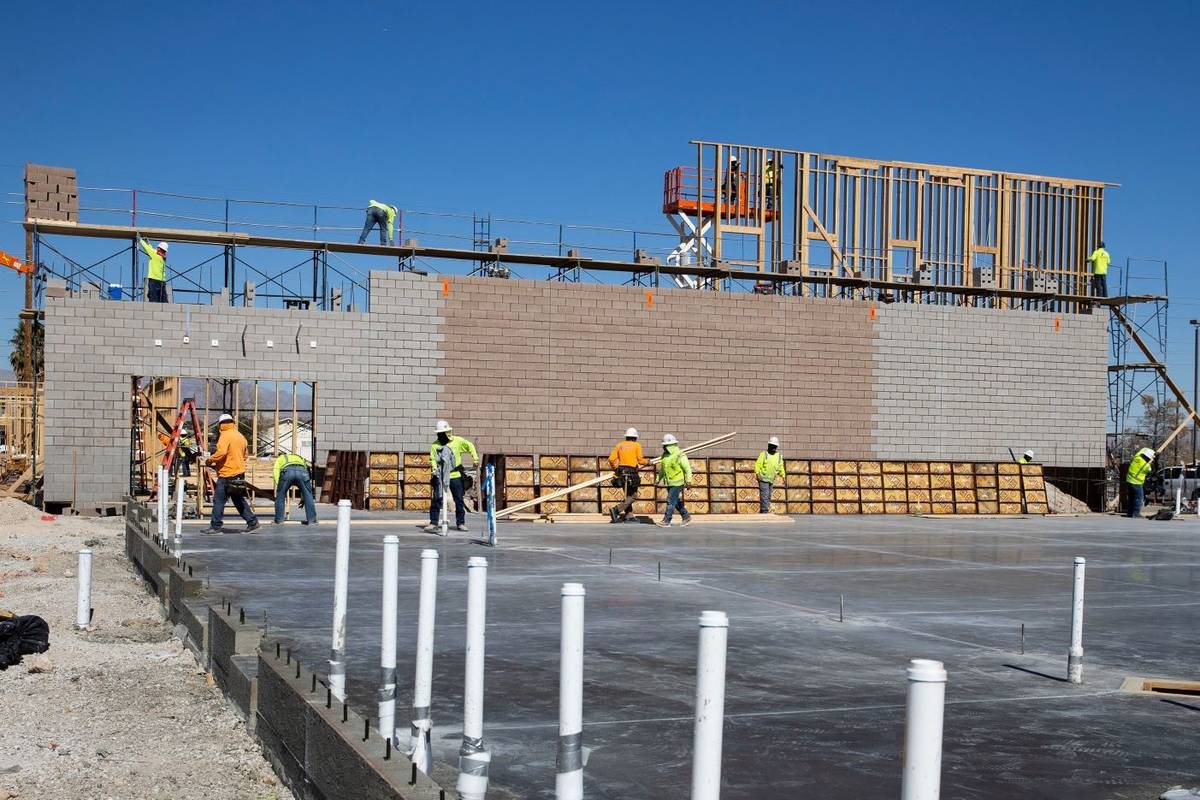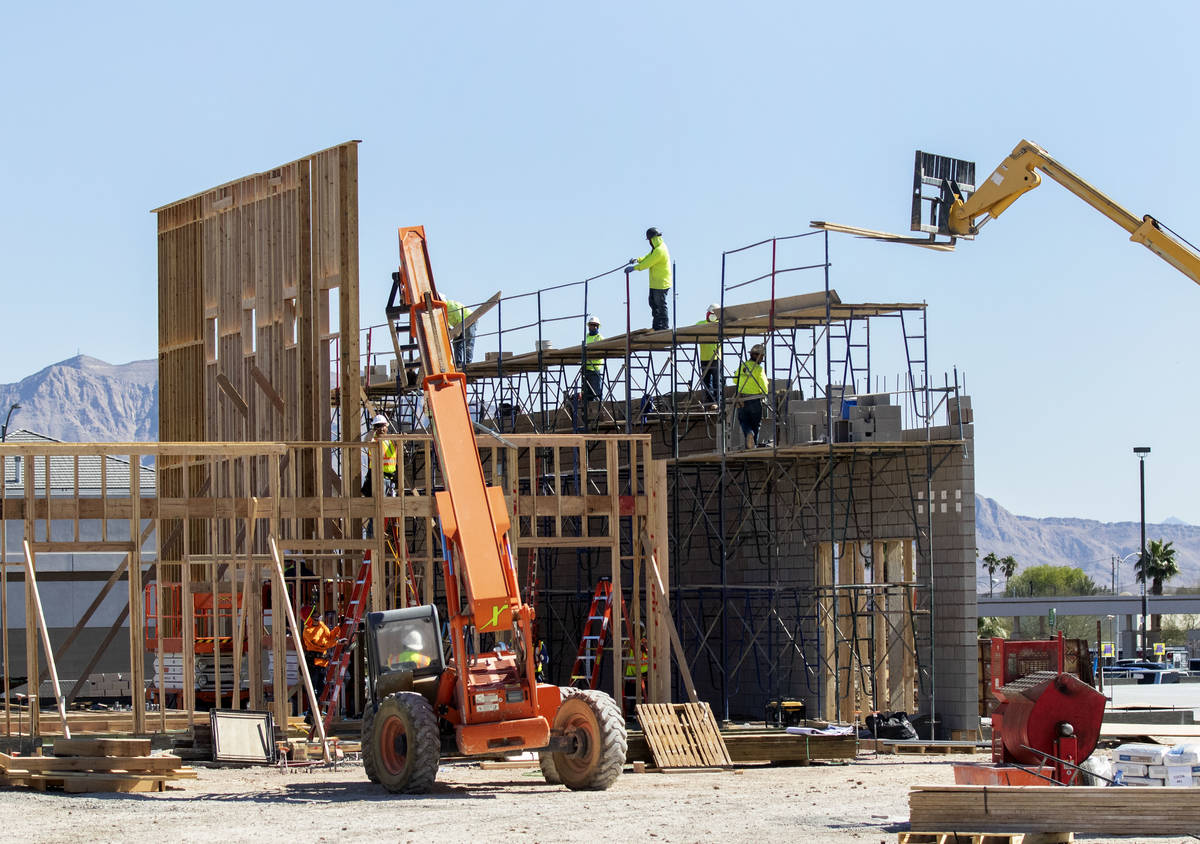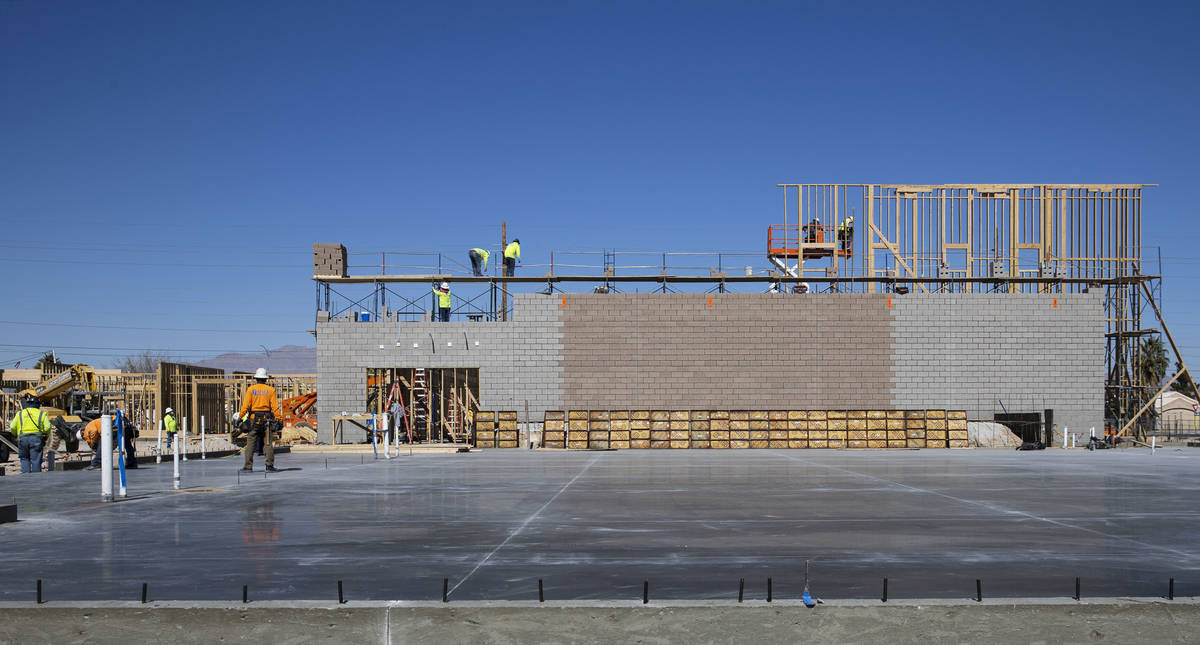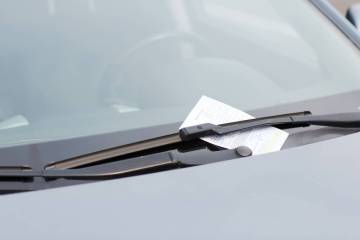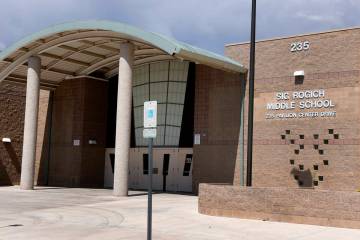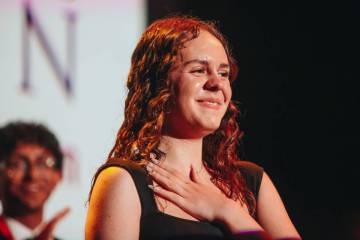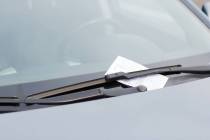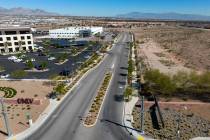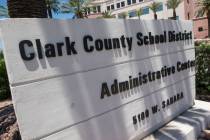Pandemic, real estate prices force charter schools to delay openings
Five new Las Vegas charter schools were supposed to open in August. Now only two will.
The other three — Sage Collegiate Public Charter School, Eagle Charter Schools of Nevada and Las Vegas Collegiate Charter School — have delayed their openings until fall 2022.
The schools, which all plan to serve students throughout the Las Vegas Valley, are having trouble trying to find a facility or land within their budgets in a competitive real estate market.
The COVID-19 pandemic also substantially affected several schools originally planning to open for the upcoming school year, said Rebecca Feiden, executive director of the Nevada State Public Charter School Authority.
“This includes everything from community outreach to supply chains and facilities,” she said via email. “The SPCSA looks forward to working with the governing bodies and school leaders at these approved schools to ensure a successful launch in the fall of 2022.”
Sage Collegiate got state permission in June to push its opening date to August 2022 because of low enrollment numbers and a delay in securing a first-year facility.
Sandra Kinne, lead founder and executive director of the small, independent school, said pushing back the opening date was the most prudent and financially sound decision.
“We thought it best to defer to really focus on finalizing a really strong facility for opening instead of trying to scramble to hit even the minimal enrollment targets,” Kinne said. “It was not an easy decision.”
It “really stinks” for families who were excited about the school and were planning to have their children start in August, she acknowledged.
Long waiting lists
With three schools no longer opening this year, two new ones remain: TEACH Las Vegas and CIVICA Nevada Career &Collegiate Academy.
The state Legislature authorized the creation of public charter schools in 1997. Since then, the number of campuses has grown rapidly and many schools have long waiting lists.
Now the state charter authority oversees 67 school campuses — about 80 percent of which are in Southern Nevada — and more than 53,000 students.
Over the last five years, the state has approved anywhere from zero to five new charter schools annually. There’s no cap on how many new schools the charter authority’s board can approve, though it is required by legislation passed in 2019 to have a growth management plan.
Proposed new schools must show how they’re meeting an academic or demographic need. Many of the recent new school applicants, and those approved by the state, are aiming to serve high-poverty areas.
New schools are approved to operate in one or more ZIP codes and must find a facility within those boundaries unless they seek permission from the state to look at nearby areas.
Finding land to build on or a facility to lease or buy that fits into a startup charter school’s budget can be a challenge.
Petra Latch, president of Commercial Alliance Las Vegas, the commercial arm of the Greater Las Vegas Association of Realtors, said it doesn’t surprise her that new charter schools are encountering problems with building or finding a facility.
Latch said school officials would be better off working with local municipalities to see if they own properties available for redevelopment.
Seeking to open a school without already having a site identified, is putting the “cart before the horse,” said Latch, an appraiser.
“The market you’re competing in for land is not conductive for a school,” she said.
Charter school facilities often require a joint venture in which schools need someone to build a facility and then lease it back to them with an option to purchase, Latch said.
“That’s the more typical way these things get done,” she said, noting schools are expensive to build and require a large initial capital investment.
New charter schools have a variety of types of buildings to choose from, though — such as old office buildings, churches, retail stores and in commercial areas — although some facilities may require a special-use permit to be used as schools.
Church buildings are a popular option, Latch said, since they tend to be easier to convert into schools because many already have classrooms and parking lots.
As for the downtown and central Las Vegas areas specifically, there aren’t going to be areas of vacant land available unless it’s a site that has been demolished or assembled from smaller parcels, Latch said. Plus, she said, parcels tend to be smaller and probably aren’t large enough for a school.
Construction costs are also rising and unpredictable, she said.
Here’s a glimpse at the roadblocks three new Las Vegas charter schools faced that led them to push back their opening dates:
Sage Collegiate
Sage Collegiate applied to the state in 2019, but its new school application was rejected. The charter authority expressed concerns with the school’s proposed academic, organizational and financial plans, and lack of evidence of local community engagement.
After submitting a revised application, the school was approved in November.
It is planning to serve up to 168 students in kindergarten through second grades during its first year and gradually expand through middle school.
With less than two months remaining until school was scheduled to start in August, however, Sage Collegiate was at less than 50 percent of its first-year enrollment target.
Sage Collegiate’s board of directors approved a use agreement in May with the Lied Memorial Boys &Girls Club for the 2021-22 school year. But the school is now searching for a different facility since it won’t open this fall after all.
The school secured the building space just one month before a state enrollment audit, Kinne, the school’s executive director, told the Review-Journal. “A month wasn’t enough time for us to get enrollment numbers to where they needed to be.”
“Understandably, families do not want to commit to the school without an address,” he added.
There also weren’t as many community events and opportunities to engage with prospective families beyond social media, Kinne said.
Sage Collegiate leaders are now considering a “bunch of different options” for its first school year, such as seeking permission from the state to open with more students and grade levels, Kinne said.
First, however, “We absolutely have to find a facility,” she said. “It has become priority No. 1.”
It’s hard securing land or a building because the school doesn’t have credit history or the capital needed to build a new facility right away, Kinne said, and construction and renovation costs have increased during the pandemic.
Another challenge: Sage Collegiate doesn’t need as much building space during its first year as later down the road, such as year six.
Despite the obstacles, Sage Collegiate remains committed to serving students in its three approved zip codes — 89107, 89108 and 89146, Kinne said.
That’s because there’s a need, she said, noting 60 percent of existing campuses in those zip codes are one- or two-star schools. And there’s only one other charter school in that area and it uses a hybrid model with some in-person and some online instruction.
Las Vegas Collegiate
Las Vegas Collegiate is pushing back its opening date for a second time because of the pandemic and facility-related issues, Feiden told the charter authority’s board in May, calling the situation unprecedented.
In December 2019, the authority’s board approved the new elementary school for Las Vegas’ Historic Westside. It was originally scheduled to open last August.
Last year, the school secured a facility on West Bartlet Avenue but is now back in the hunt for building space after deferring its opening because of uncertainties surrounding the pandemic.
In January, the charter authority board approved a request from the school to expand its search within 1½ miles beyond its approved ZIP code. But that didn’t yield results.
School founder and executive director Bianté Gainous told the charter authority’s board in May that the school had exhausted every available option within its approved 89106 ZIP code or within 1½ miles away in time to open this fall.
“Enrollment was definitely not a challenge for us,” Gainous said, noting there were many interested families.
Gainous said the school wants to serve low-income communities and has to expect challenges with finding a building in its approved zone.
The school has looked into options such as churches, former retail stores, a former lodge, business and corporate centers, a school that closed and a Boys &Girls Club location.
Gainous said school leaders want to keep fighting to open the school. “Unfortunately, the time is just where we’re pressed up against.”
In June, the board approved another request from the school — this time, to allow it to search for a facility up to 4 miles away from its approved ZIP code.
Officials from Las Vegas Collegiate did not respond to a Review-Journal request for comment.
Eagle Charter Schools
The charter authority’s board voted in January to approve Eagle Charter Schools of Nevada, which originally planned to open a campus in August.
But in February, Nick Fleege, a member of the school’s formation committee, told the board the school intended to seek permission to push its opening date to 2022.
“I think we recognized the short runway” between a January approval and needing to have a school facility fully ready by August, he said.
In March, the authority’s board approved the school’s request to postpone its opening. The school plans to initially serve kindergarten through fifth grade students and later expand through eighth grade.
Fleege said in an email that the school’s deferral was a “straight-forward decision based primarily on the timing of charter approval coupled with the lead time needed to secure a facility.”
“While Eagle is extremely eager and excited to serve students, the team recognizes that taking the opportunity to defer to 2022 is the responsible, measured approach that will give us the opportunity to secure and improve a more suitable facility,” he said.
Contact Julie Wootton-Greener at jgreener@reviewjournal.com or 702-387-2921. Follow @julieswootton on Twitter.



